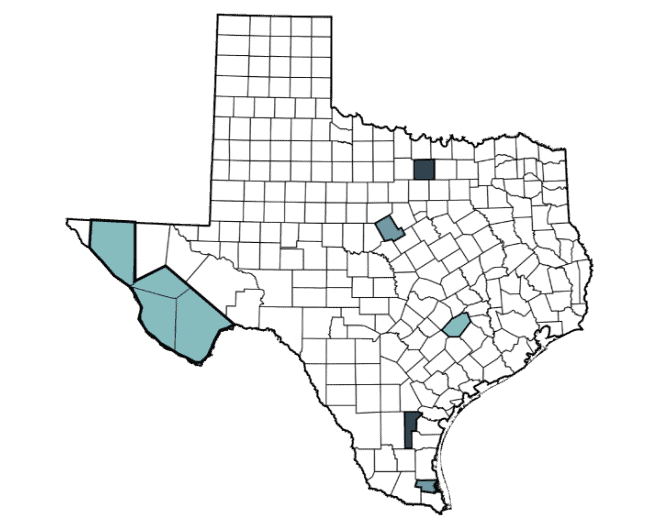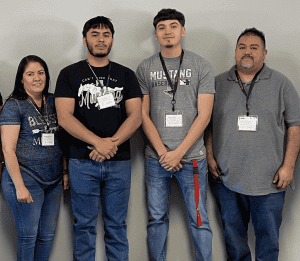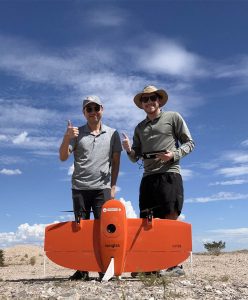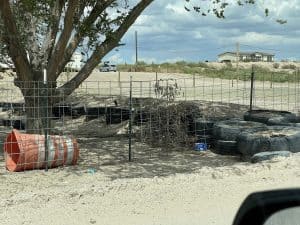
Digital Risk Infrastructure Program
In 2022, the Texas A&M Institute for a Disaster Resilient Texas launched a new initiative called the Digital Risk Infrastructure Program for under-resourced Texas communities (DRIP). This program helps Texas communities that experience chronic and acute flood events better use data and visualizations to aid local decision making and improve communication to outside funders.
SPONSOR: Texas Legislature
PROJECT LEAD: Samuel Brody

Our Mission
DRIP’s mission is to empower under-resourced Texas communities with digital tools and training to make informed disaster mitigation decisions, secure funding, and reduce future losses.
DRIP's Key Partners:





The primary goals and objectives:
ENGAGE
Listen and learn from communities through collaborative engagement.
IDENTIFY
Identify specific local data/decision support gaps and needs.
BUILD
Build technical data/analytics product(s) that support local capacity.
SUPPORT
Provide ongoing training/technical assistance and collaboration.
LEVERAGE
Integrate and build on existing IDRT projects and those of key partners to build the program into the future.
DRIP Timeline:
2021
The Texas Legislature appropriates funding to support creation of DRIP at the Institute for a Disaster Resilient Texas (IDRT).
2022
IDRT formally launches DRIP with partners from the University of Texas and Texas A&M AgriLife, among others. The team conducts field visits with communities in six diverse regions around the state to co-develop program goals and products.
2023
The DRIP team and partners identify four products to develop and deliver by the end of 2023.
2023-2024
DRIP leadership, with support from partner communities, is seeking additional funding to continue the program.
Since DRIP's launch in 2022, we have:
- Connected with a diverse group of under-resourced communities through interviews and focus groups to identify flood mitigation data needs and develop the overall DRIP program from the ground up.
- Traveled across the state, and held more than forty meetings with county and city officials and staff about their flood data challenges and needs.
- Identified a clear initial need in all communities to assemble and visualize the best available flood risk data for each community.
- Scoped two in-depth data analytics and technical assistance projects to complete during the current funding period.

Our Work
From 2022 – 2024, the DRIP team produced a series of customized paper and PDF format maps based on community feedback about their priorities for visualizing flood risk information and their requested unique modifications. Each community also received a data reference sheet containing an overview of the data sources and the full underlying data packages upon request.
We are currently seeking funding to continue the program and enroll more communities in the future.
Partner Communities
Two DRIP Communities were selected for additional, customized projects which served as proof-of-concepts that could be expanded to other locations in the future.
Wise County Flood Depth Surface Elevation Visualization
The DRIP team provided Wise County with high resolution flood hazard map products based on the most current flood frequency studies. This tool, which consisted of both interactive and paper-based maps, allows county administrators to visualize and/or extract flood depth and elevation data over particular areas or points of interest, and assists with decision making as well as policy and scenario planning.
Hudspeth County/Fort Hancock Community Flood Knowledge Collection Project
This project focused on developing a process to collect community-held knowledge (such as photos; verbal descriptions of water lines and dates of major storms leading to flooding; and verbal identification of areas/locations prone to flooding, etc.) to inform mapping and modeling products. The main product was a systematic collection of data focused on documenting and describing flooding in this flash-flood vulnerable community, and a GIS Data Viewer.
Latest News

Data From the Heart of the Desert: A Community Making a Difference
Fort Hancock, also portrayed in our previous blog posts, is a community of hard-working individuals. Even though this is a desert, it is also a

Using Drones to Address Data Deserts
By Nicholas Diaz, PhD student, and Dr. Andrew Juan, Associate Research Scientist Arriving in Fort Hancock, Texas for the first time, it was clear to

A True Data Desert: Fort Hancock, Texas
Imagine being new in a community. Regardless of whether you rent or own your home, you need to get your utilities—e.g., water, power, trash—connected and


